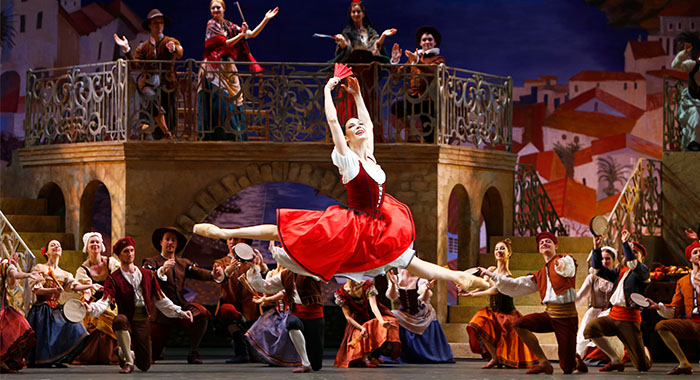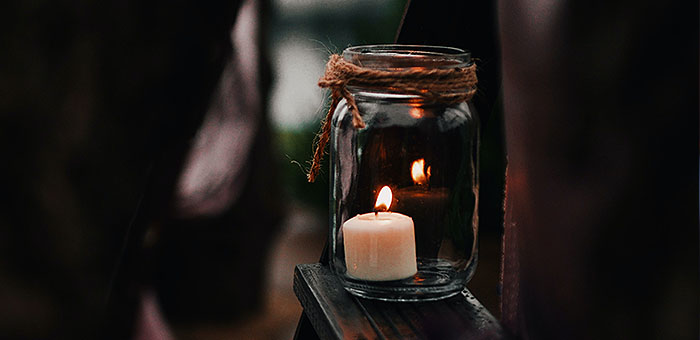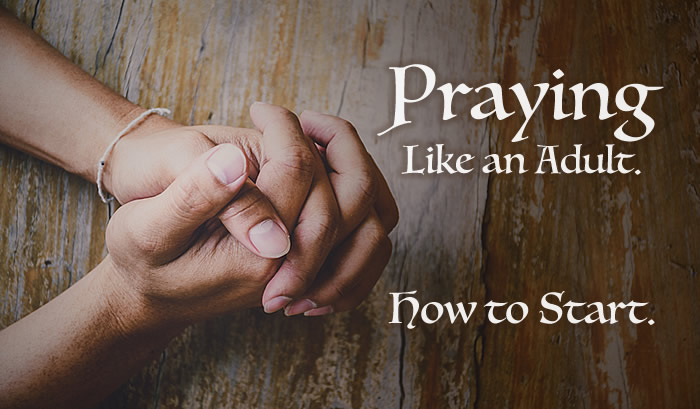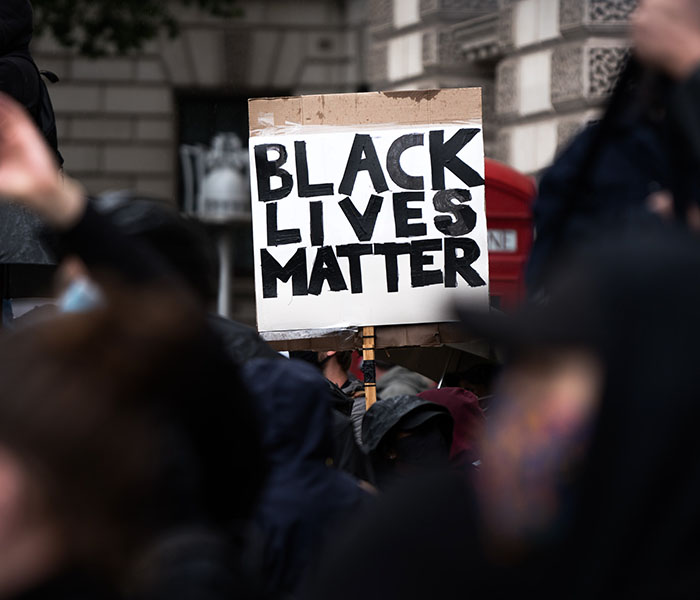
One of the most critical tasks of a parent in raising a child is to ensure a proper understanding of what makes us most human – – our conscience. (Take a moment right now. How would you explain to a child what their conscience is?) Maybe this article can help.
The Catechism of the Catholic Church has a mini-class about conscience and its proper formation. (Article 6. Moral Conscience.) There you read, “Conscience is a judgement of the reason whereby the human person recognizes . . what he knows to be just and right. . . . When he listens to his conscience, the prudent man can hear God speaking.” #1777.
In short, our conscience comes from the way we think about things. It doesn’t really kick in when we observe the sensate world. (“What time is it?” is not a matter of conscience). But something changes when we consider the presence of good and evil. Math and science can’t reach these matters. We have to use a different measuring stick- – – our sense of right and wrong.
Here’s where things can get confusing if you don’t have a strong conscience. You see our mind can be a tricky thing. It is prey to many impulses that influence what it thinks is “right reason” or thinking correctly. The passions (God given feelings that accompany certain actions): hunger, love, anger, jealousy, pleasure, etc. can affect our reasoning. (How many times did “having one for the road” seem like a great idea?!) The problem is we don’t think right.
So where does right thinking come from? Where do principles of justice, truthfulness, fair play, kindness come from? They come from a source beyond ourselves – – – the source of meaning and being itself . . . they come from God.
There is a beautiful description of the voice of conscience as it comes to the human intellect. Gaudium et Spes (Joy and Hope) written at the Second Vatican Council states, “Deep within his conscience man discovers a law which he has not laid upon himself, but which he must obey. Its voice ever calling him to love and to do what is good and to avoid evil sounds in his heart at the right moment . . . for man has in his heart a law inscribed by God . . . his conscience is man’s most secret core and his sanctuary. There he is alone with God whose voice echoes in his depths.” Conscience carries the voice of God.
But can’t there be different ways of seeing things? How can we be sure its God’s voice and not our own leanings and passions talking to us?
Like your child, consciences must be properly formed. It takes a lifetime. A big part of conscience formation comes in knowing the sources of moral guidance: the Ten Commandments, Jesus’s teaching, natural order, traditional wisdom, seeking reliable information and finally prayer. But above all, conscience is formed by knowing and believing that we were created to be with God and the goal and happiness of our life depends on doing God’s will. Trusting then that the Lord will echo His will in your heart, be in peace.
So parents, sit with your children. Tell them about their conscience. Let them know they can feel it in the happiness that comes when they do the right thing. Also they must listen to the voice of their conscience when they feel the heaviness when they’ve done wrong. It is the loving correction of Our Lord.
A clean conscience is our steady rock in the midst of life’s storms.
God thought of you and you came to be!
Fr. Tim












